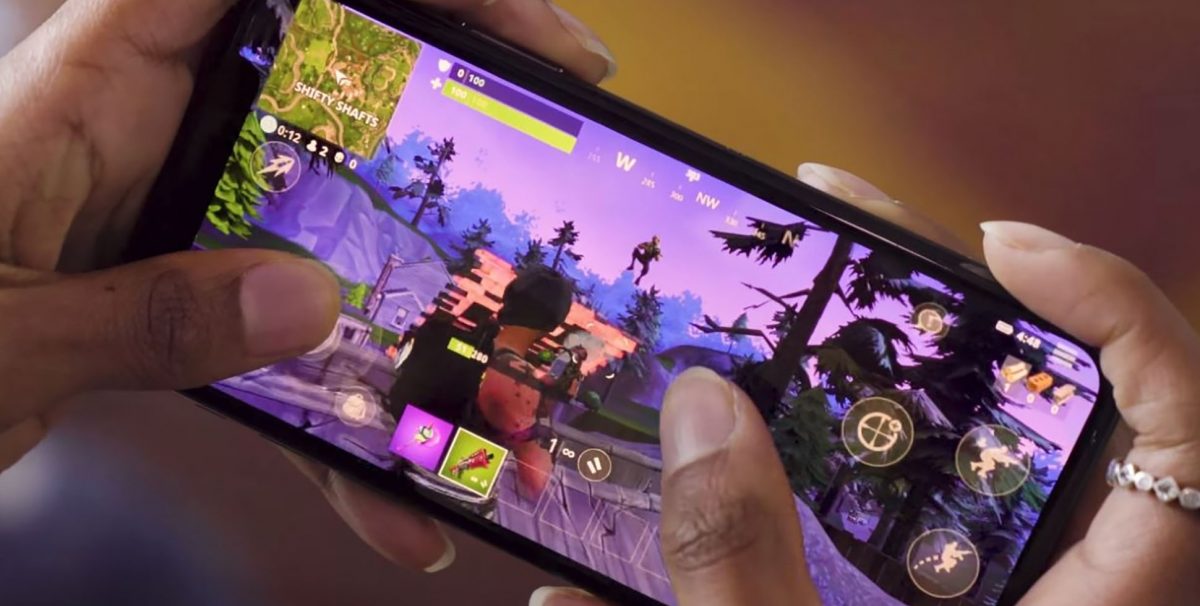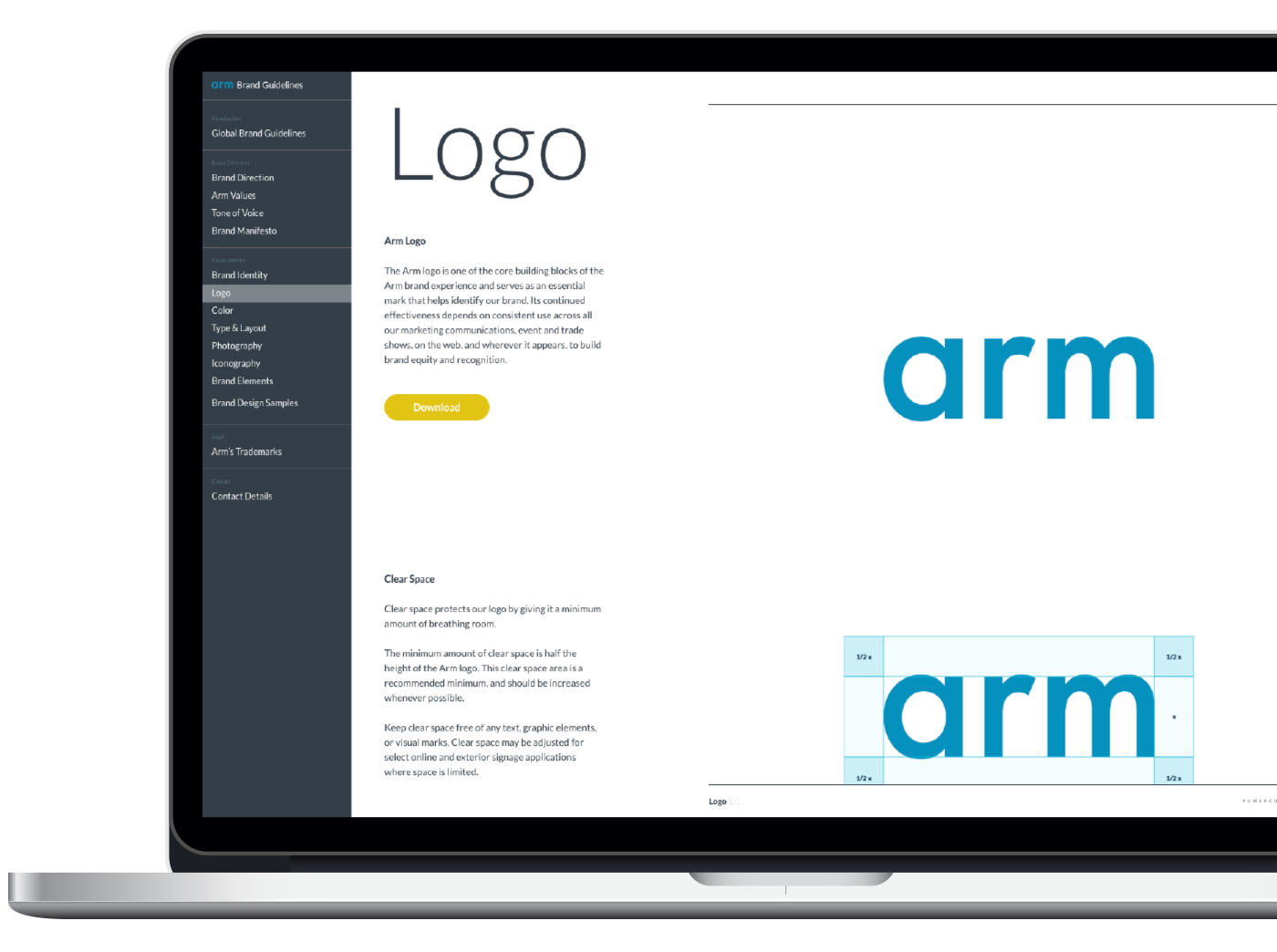What 64-Bit Android Apps Mean for the Future of Mobile

Advanced artificial intelligence (AI) workloads, immersive mobile gaming experiences, enhanced security, ultra-high-definition displays. The future of smartphone technology looks incredibly bright.
While these headline-grabbing technologies may seem destined to change the way we use mobile devices over the coming years, their potential will always be reliant on a cast of supporting actors from both hardware and software camps, the advancement of which will help ensure the likes of AI and immersive mobile gaming reach their full potential.
One major enabler has been the transition of Android applications to support 64-bit architectures. New apps and any updates to current apps on the Google Play store must support 64-bit versions, with 64-bit only mobile devices are likely to enter the market in 2023.
64-bit capabilities have been available in mobile devices for a number of years, and for over a decade in desktop operating systems. Nearly 90 percent of today’s Android devices deploy a 64-bit capable version of the OS (version 5.0 and above).
The move to 64-bit is supported and encouraged by Arm. At Arm DevSummit 2020, Paul Williamson, GM and VP of the Client Line of Business, announced in his keynote that starting with 2022 IP, all future Arm Cortex-A “big cores” will only support 64-bit code.
64-bit only devices coming in 2023
Arm’s message to the developer community is to start transitioning to purely 64-bit development now. The benefits vastly outweigh the costs. 64-bit processing can handle more data at once, helping new and current technologies to flourish on mobile. 64-bit CPUs can fetch, move and process larger chunks of data within a smaller interval of time than a 32-bit processor, resulting in better performance—improvements of up to 20% for some workloads.
This means 64-bit devices are generally faster and more responsive (though to a degree, that’s also reliant on well-written code). For developers, eventually developing their apps on purely 64-bit Android devices will bring significant benefits, including reduced complexity, lower development and testing costs, an improved time-to-market, and a stronger, healthier and more robust ecosystem.
Gamers (and game developers) rejoice

Game developers have been particularly enthusiastic about the 64-bit move on Android. It’s providing their apps with greater capabilities, including faster loading times, smoother and more complex graphics and improved security capabilities. Additionally, compute-intensive workloads such as immersive mobile gaming are pushing the limits of the 32-bit architecture, which means it’s become difficult to make improvements to existing apps based on 32-bit. The 64-bit Android move serves to future-proof today’s gaming apps for further innovation and advancements.
What’s the chance of major disruption?
From an app developer perspective, the 64-bit move is unlikely to create big disruptions. 64-bit capabilities have been available for several years, so migrating code and including any required 64-bit libraries should be relatively straightforward. In fact, many open-source libraries have been type-safe and tested for 64 bit systems for a while. For example, most code written using Arm NEON intrinsics will compile for 64-bit without change. Also, if an Android app is written entirely in Java™, the current Android Runtime will support the application without modification.
Remember, if an application uses native libraries, then it must be 64-bit compatible. Moreover, if re-compiling is required, even for those that are well-coded, some re-writing of the code may be required. Our message is that developers should check now to avoid problems later.
The 64-bit move for game developers should also be relatively straightforward. The three most used game engines all currently support 64-bit – Unreal, Cocos2d-x and Unity – and many leading mobile games that develop on these game engines, such as Fortnite on Unreal, are already 64-bit capable.
A greater challenge in China
In China, there might be additional challenges for the 64-bit move. Google does not directly influence the Android app ecosystem in Asia or offer the Play store in China, so its 64-bit mandate does not wield as much influence. However, most top app stores and Android ecosystem influencers in these markets are supportive of the transition to 64-bit capable applications. In fact, the current indications are that the China ecosystem will follow the 64-bit mandate from Google and be consistent with the global ecosystem of supporting more 64-bit Android apps.
Arm is also confident that our commitment to 64-bit only big cores from 2022 will help to push China-based app developers towards 64-bit, especially with 64-bit only mobile devices on the horizon.
Arm’s role in the transition
Arm is working closely with our partners to understand any ecosystem, technical, or commercial blocking issues inhibiting the migration of Android apps to 64-bit. We are also developing more 64-bit Android optimizations for commonly used libraries, runtimes, browsers, and engines. Moreover, the recent releases of Arm architecture contain new features and benefits that are only available as 64-bit.
64-bit is a ‘win-win’
The 64-bit Android move is a ‘win-win’ all round. It will provide a number of performance, efficiency and security benefits to the entire Android ecosystem without causing significant disruption, as well as getting developers ready for future innovation on mobile. As a result, we are very supportive of the transition and remain comfortable that developers worldwide will be able to transition their apps to 64-bit. Arm, as well as Google, will be available to support the ecosystem every step of the way, so developers should get in contact if they have any questions or concerns before they get on board with 64-bit.
Are your Android apps future proof? Discover more about 64-bit Android development in our white paper, 64-bit Computing for Mobile.
Any re-use permitted for informational and non-commercial or personal use only.












